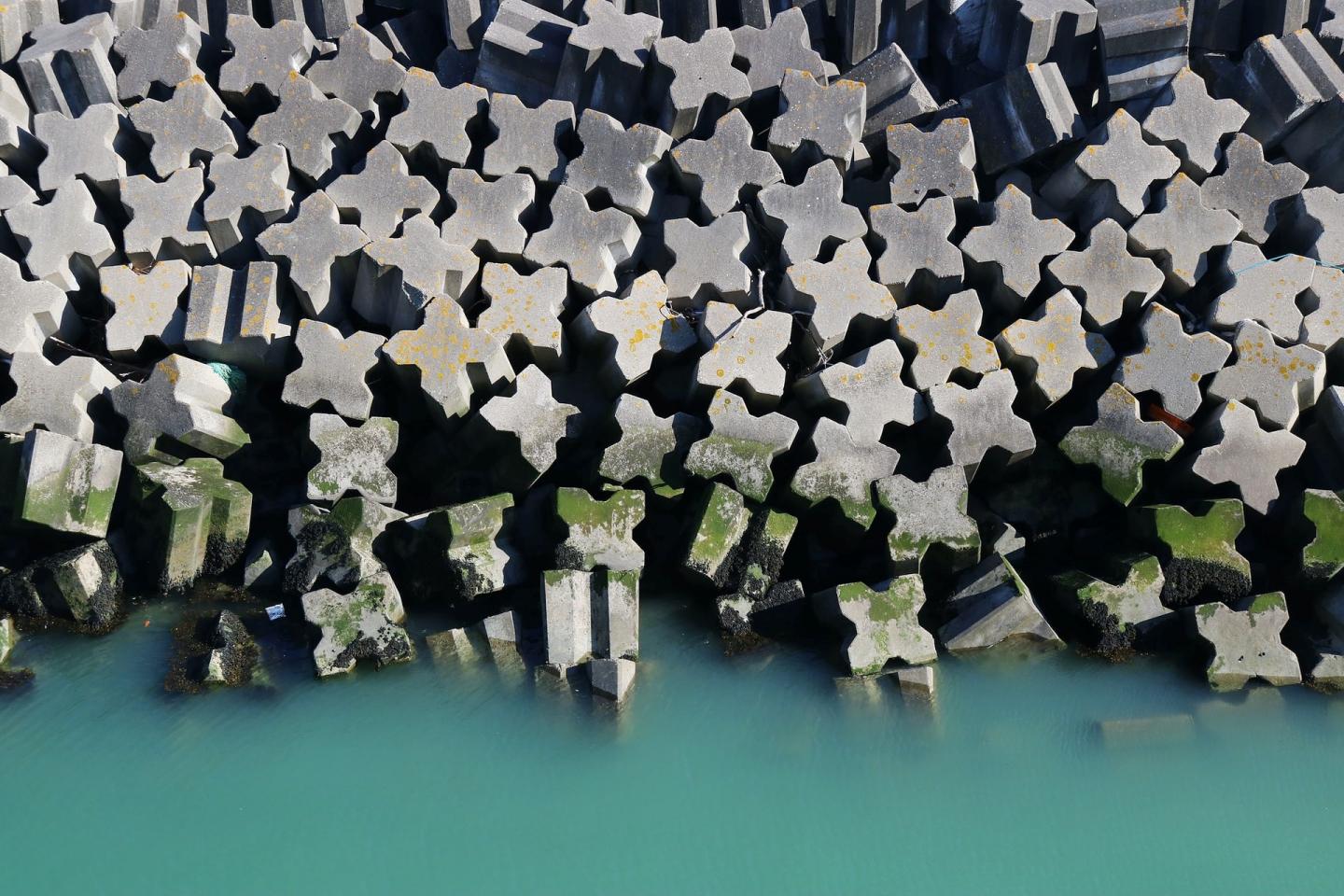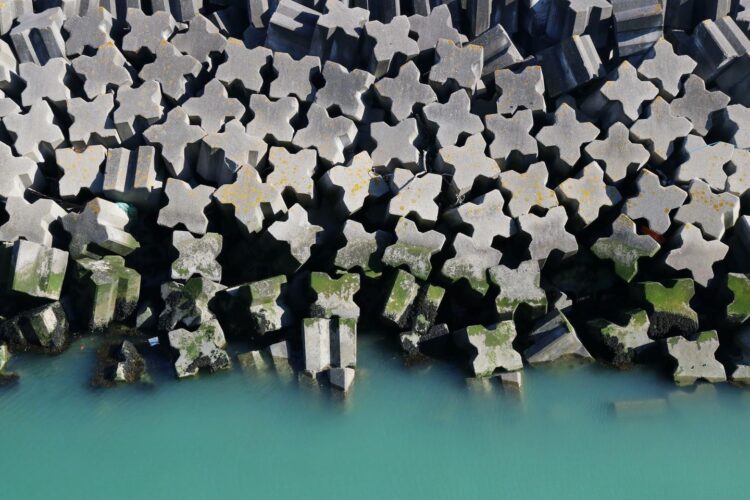Developing advanced technology for ultra-sustainable concrete in Australia

Credit: Tim Johnson on unsplash
A new manufacturing research project brings together industry technology and engineering experts from Boral, the University of Technology Sydney (UTS) and Southern Highland Concrete Constructions to develop advanced technology for manufacturing, placing and curing novel ultra-sustainable concrete in Australia.
The two-year project is co-funded by Boral and the Innovative Manufacturing Cooperative Research Centre (IMCRC) with both organisations investing $770,000 cash into the research as part of an overall $6m investment. The project aims to overcome current technological barriers of low-carbon concrete manufacturing and accelerate the development of Boral’s lower carbon ENVISIA® concrete.
Boral General Manager – Innovation Development, Dr Louise Keyte, says that ENVISIA® already performs as well as conventional concrete while containing a sizable cement replacement, achieved through the inclusion of alternative binders.
“Our ambition, through the collaboration with UTS and Southern Highland Concrete Constructions, is to accelerate our research into new binders and develop the next generation of ENVISIA® concrete. We want to push low carbon boundaries even further while maintaining the practical properties of regular concrete.”
Low-carbon concrete uses supplementary cementitious materials (SCMs) such as ground granulated blast-furnace slag, fly ash and calcined clay as binders, instead of ordinary Portland cement (OPC). OPC is a major contributor to carbon emissions after fossil fuels.
To date, the percentage of SCM in low-carbon concrete products has been limited to 50% to ensure blended concrete meets set workability, durability and strength requirements without demanding specialised high-temperature curing schemes or the use of highly alkaline activators.
The project team led by UTS’ Professor Vute Sirivivatnanon combines UTS academic knowledge with the experience of Boral’s innovation team.
“Our aim is to push the technological boundaries of binder and chemical admixture technology and lift the maximum replacement rate of OCP while maintaining the fresh and early hardened properties of concrete for optimum construction efficiency. In addition, all durability properties critical to the achievement of design life for concrete structures will be optimised to deliver truly sustainable building.”
The core research will be undertaken at the UTS Boral Centre for Sustainable Building at UTS Tech Lab in Sydney, where the researchers will develop and test new ultra-sustainable concrete and evaluate the effectiveness of proposed manufacturing approaches to tackle strength development and improve surface finishing techniques.
Once lab-tested, the team will work with Southern Highlands Concrete Construction, a growing SME specialised in placing and curing concrete, to trial the ultra-sustainable concrete on construction sites.
Benjamin Clarke, Managing Director at Southern Highland Concrete Constructions, highlights that low-carbon concrete will be the future of the construction industry.
“We are excited to be part of this project, sharing our expertise and techniques to make sure this next generation of low-carbon concrete achieves its desired strength and durability, and can be deployed cost-effectively,” says Clarke.
CEO and Managing Director of IMCRC, David Chuter, describes the project as a great example of pushing industry boundaries by investing in research and development to produce new materials and products.
“Boral is at the forefront of low-carbon concrete development,” says Chuter.
“This Australian research collaboration will see the development of an ultra-sustainable concrete that will be the first product of its kind and will lead the way in reducing the carbon footprint of concrete production, domestically and internationally.”
###
Media Contact
Grainne Murphy
[email protected]
Original Source
https:/





